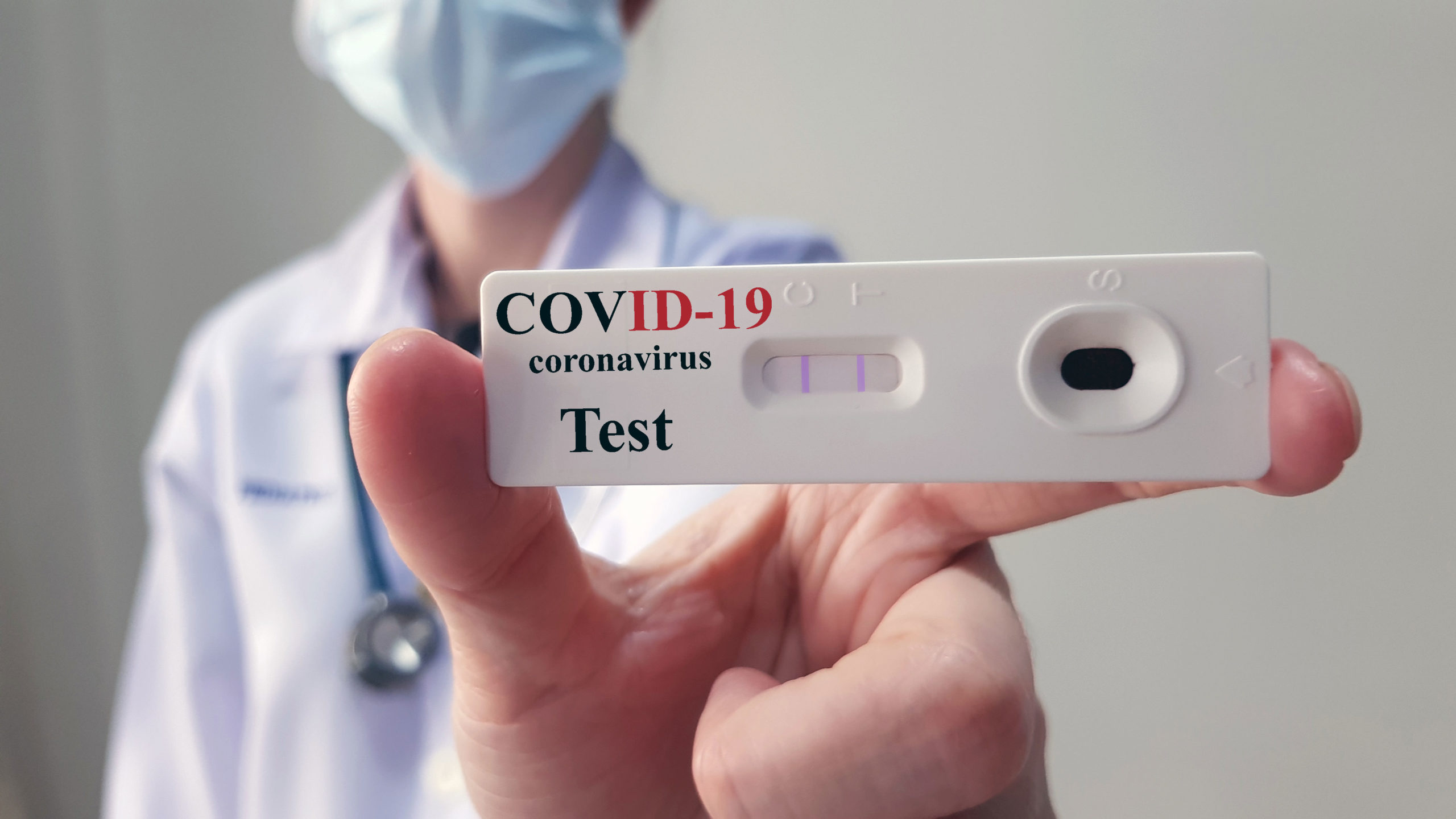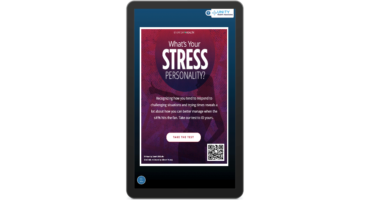Mammoth and GSK Partner for CRISPR-Based COVID Test
Amid an influx of COVID-19 tests with questionable accuracy and misunderstood antibody results, Mammoth Biosciences announced that its own CRISPR-based diagnostic is showing a high degree of sensitivity and specificity even for asymptomatic patients. They’ve now partnered with GlaxoSmithKline to accelerate development in hopes of getting the test out the door as quickly as possible. Mammoth’s CRISPR-based DETECTR platform uses the Cas-12 enzyme to detect strands of the COVID-19 virus, and has shown 95% positive predictive agreement and 100% negative predictive agreement, as stated in a paper Mammoth published in Nature Biotechnology.
The test provides results in 20 minutes and only requires a front nasal swab rather than the deep nasal swab that must be performed by HCPs. The companies hope to seek Emergency Use Authorization from the FDA by the end of the year, eventually becoming available as an over-the-counter tool.
All You Need to Know About Moderna’s Clinical Trials
Moderna’s clinical trials for a vaccine look promising, but the earliest it could possibly hit markets is January. The vaccine is in Phase 1 clinical trials, which requires testing on small amounts of people to determine its general safety and its immune response. So far, dozens of patients received the vaccine and Moderna has collected antibody samples from eight of them. All eight developed neutralizing antibodies to the virus at levels reaching or exceeding the levels seen in people who’ve naturally recovered from COVID-19, according to the company. Tal Zaks, MD, PhD, Moderna’s Chief Medical Officer, told CNN that this is a positive sign, and if all future tests go this well, a vaccine would be market ready between January and June 2021.
The best news here is the vaccine promoted development of neutralizing antibodies that bind to the virus and prevent it from entering other cells. While the company claims these findings, they haven’t yet been published or peer reviewed.
Phase 2 trials are now starting, with hundreds of people to be vaccinated and studied. If this goes well, Phase 3, which requires thousands to be vaccinated, will start in July. Usually Phase 2 would require a larger study population, but it is extremely unrealistic to expect to vaccinate thousands of people by July, so the vaccine is being fast tracked in hopes that it will stop thousands of people currently dying from COVID-19 every day.
U.S. Funds AstraZeneca’s Vaccine
AstraZeneca and the University of Oxford have been working together on COVID-19 vaccine AZD1222 since April. Having completed a 1,000-subject Phase 1 study, they’re enrolling 10,260 people in the U.K. for Phase 2 in hopes to have results ready that will support the first shipments in September. AstraZeneca is not releasing trial data, and while safety seems to be established by Phase 1, it could take up to six months to see if the vaccine is actually effective in preventing the virus. Researchers are trying to accelerate that process by enrolling healthcare workers and others exposed to the virus. In order to be prepared, the U.S. Health Department gave the drugmaker $1 billion for manufacturing capacity. The U.K. has also funded AstraZeneca, which promises to be ready to roll out 30 million doses in September.






